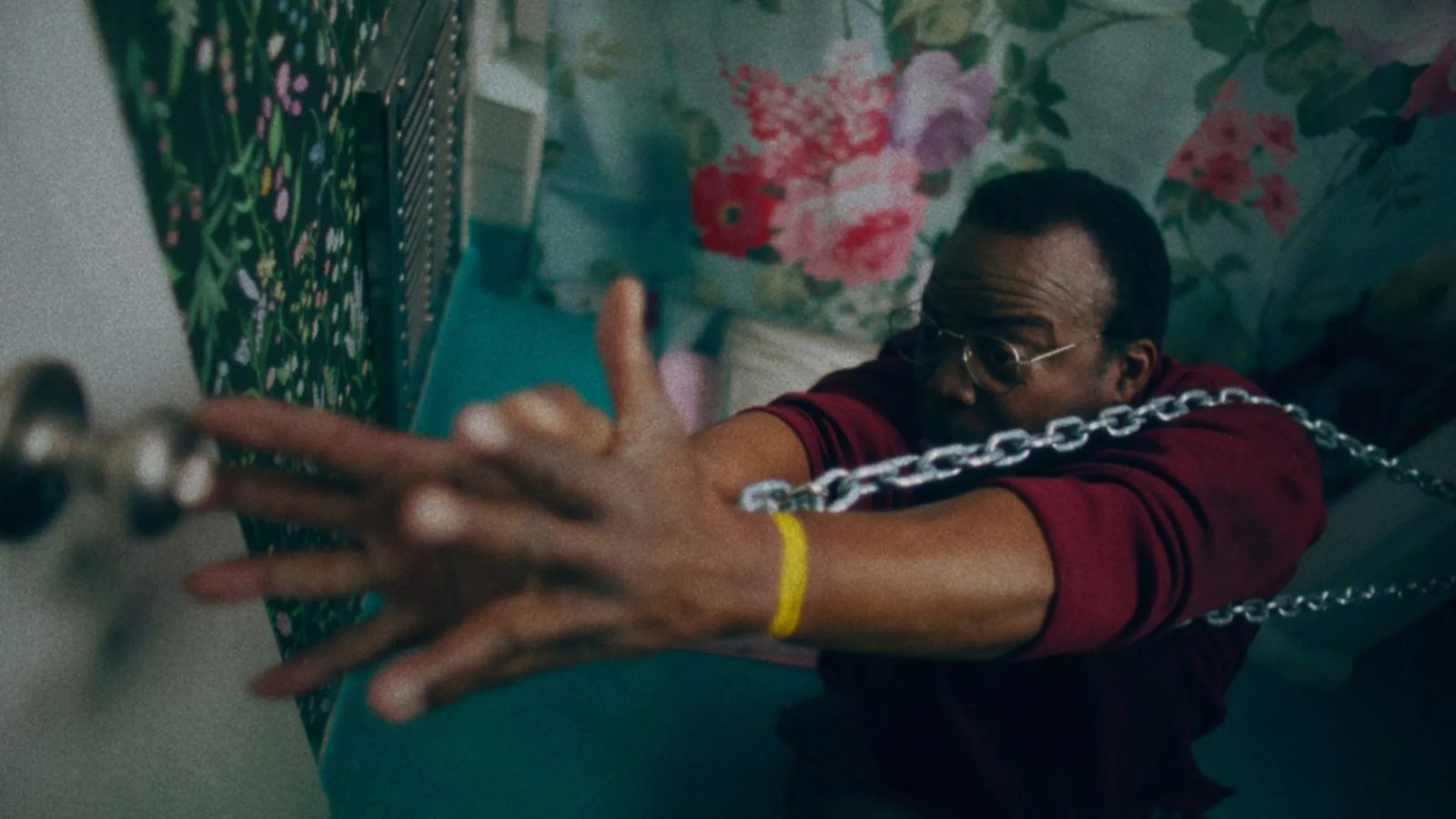
New AI-Powered Anti-Piracy System Soon to be Deployed by MCU
- A union of Russian companies is ready to deploy a new AI piracy detecting tool.
- Its developers claim that the system will soon require no human reviewers.
- Machine learning piracy detectors are the future in the fight against piracy.
The Media Communication Union (MCU) has presented a new anti-piracy system that is expected to enter full operation this upcoming July. The innovative element of this new system is the fact that it’s able to learn through the utilization of special neural networks, making gradually fewer mistakes in its copyright infringement reports, and requiring much less contribution from human curators. As the MCU is a union of telecom and media companies in Russia, this machine learning anti-piracy system will be deployed in the country to fight piracy and all illicit activities that accompany it.
In order for this new tool to “learn”, MCU’s members created a humongous database that contains links to copyright infringing material. This way, the tool will learn what constitutes infringement based on the actual reports and findings of the people who were doing this job manually in the past few years. MCU’s tool will modify this database live, adding new entries and finding all pirating links in a matter of minutes, if not less. The main benefit from this is that search engines that operate in Russia can connect to this live blacklist and remove the links from their search results as often as every five minutes.
Right now, the database contains about 300,000 links that were deemed by the system as “copyright infringing domains”. With the neural network boost, the database could get quickly populated with many more pirate links, even if we’re talking about a complicated website that requires in-depth analysis of their contents. That doesn’t mean that all of the results will definitely be accurate, as this can only come gradually through the continuous training that will take place for the system over the next couple of months. The developers are hopeful that in the end, the system will be fully capable of operating independently, requiring no human intervention.
The main benefit of this system, as well as automated piracy-targeting systems like this one, is that they can handle the pirate links that pop up like mushrooms after rain during live sports events. As the NBA and UFC representatives discussed earlier this month, playing the Whac-A-Mole game with pirate links has grown into a problem of asymmetrical proportions that can’t be handled efficiently by human employees, no matter the size of the team that reviews the various links. Systems like the one that MCU presented are the only way to deal with the problem when combined with live search engine de-indexing.
Do you think that AI-powered piracy detection systems are soon to give piracy a final decisive blow, or do you believe that there always going to be another way? Let us know in the comments down below, or on our socials - on Facebook and Twitter.







